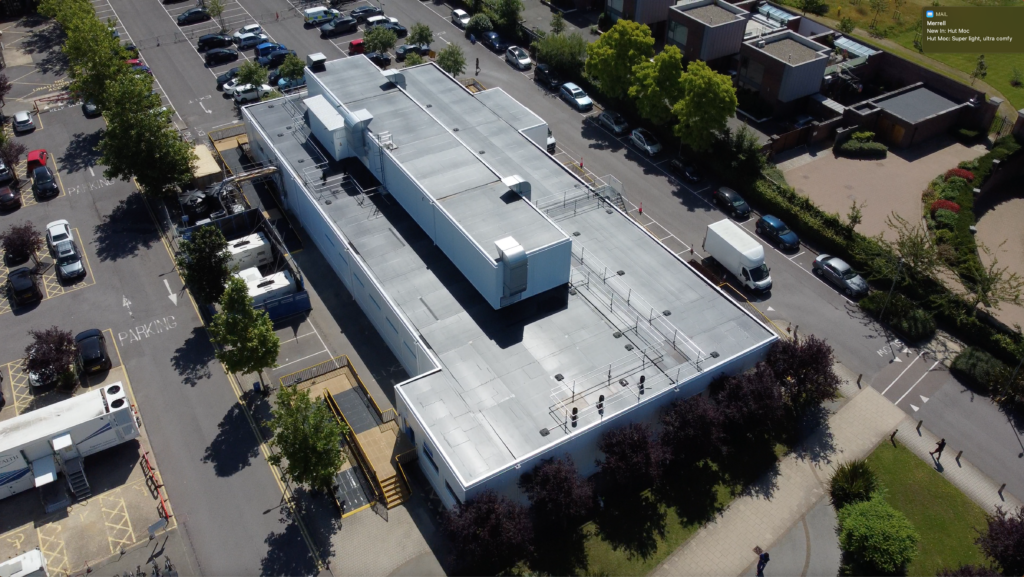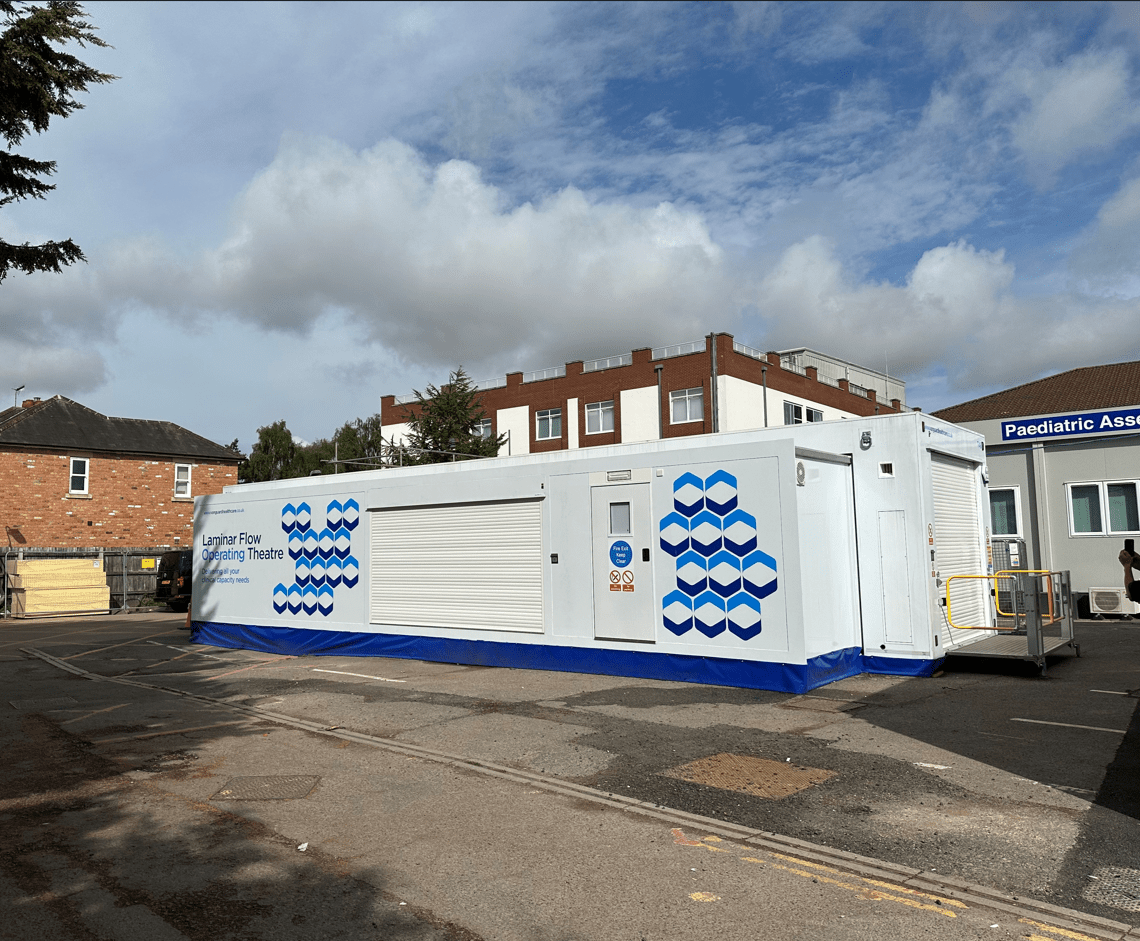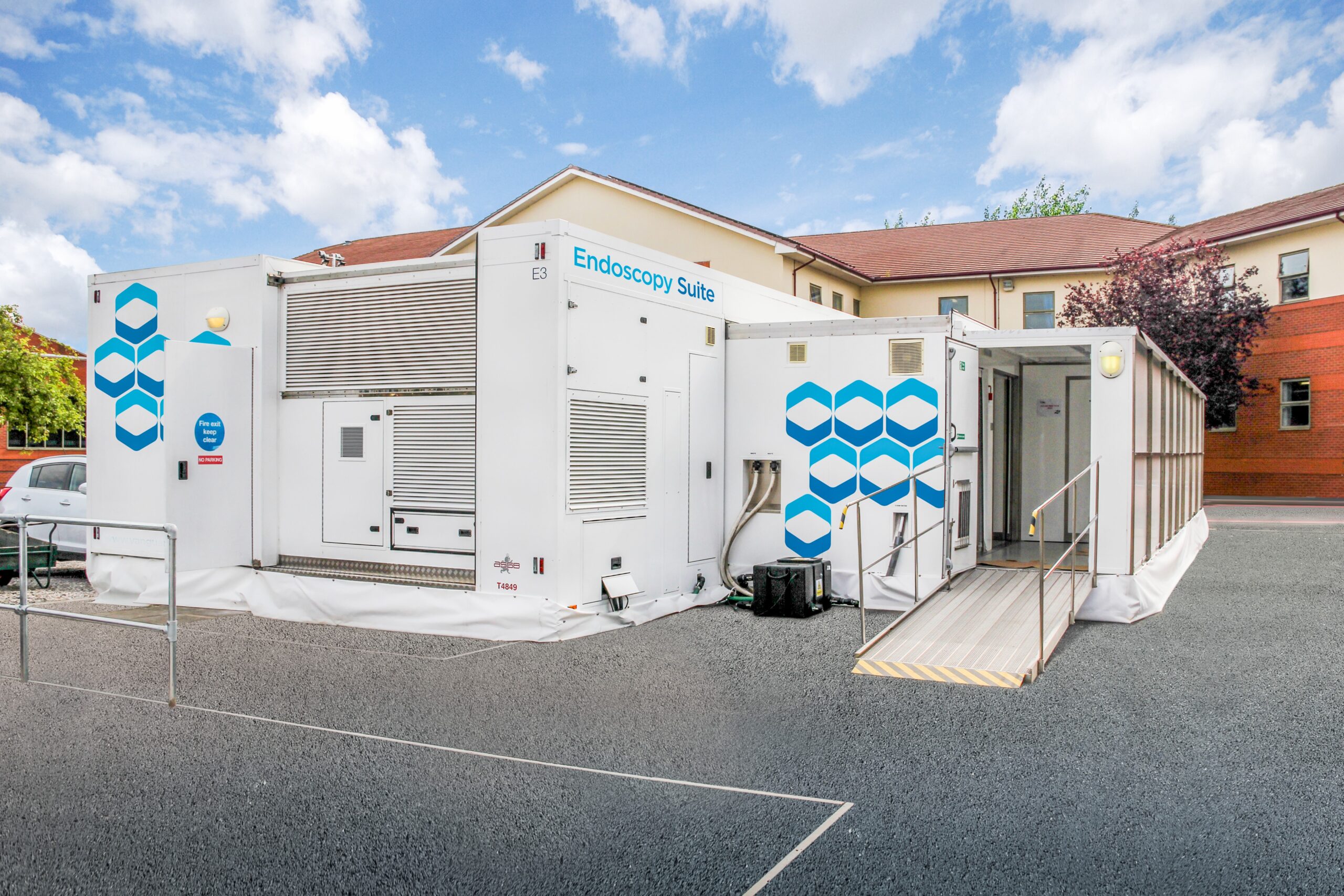It looks like you are in the United States
We have a different site (www.q-bital.com) which better suits your location
Ahead of the release of the Government’s Elective Care Recovery Plan expected imminently, it has been reported that patients could be asked to travel for pre-arranged treatments, as part of Government plans to spread the demand for hospital services across the country. Whilst we fully support this initiative in the short-term, as the pressures from the backlog overwhelm some healthcare facilities, we wholeheartedly believe that this is not a long-term solution for patients in England.
As a temporary measure, and particularly whilst the Recovery Plan is still in development and COVID cases continue to rise, asking patients to travel for treatment may be seen as necessary to ensure patients are able to access vital care. However, this approach cannot be expected to solve underlying issues in NHS capacity, and instead, seems to place the burden of accessing suitable healthcare onto patients.
Instead of asking patients to travel for pre-planned hospital care, we must be focusing our efforts on bringing healthcare to patients. Fundamentally, sufficient investment should be rolled out across the county to establish modular facilities in community locations that can be easily accessed by a wide range of patients, with particular recognition for the areas with the greatest backlogs and demand for care. Bringing treatment to patients not only saves them the arduous, and potentially damaging journey of travelling excessive distances for treatment, but it also permanently increases capacity within a given region, providing a long-term solution.
On top of this, establishing facilities in the areas most in need of additional capacity offers the extra benefit of tackling regional health inequalities. Creating capacity in areas with the longest waiting times and the poorest patient outcomes would make genuine progress toward the ‘levelling up’ of healthcare, ensuring the entire country has equal access to high-quality care. The alternative prospect of travelling for healthcare serves only to deepen health inequalities, as those patients without the means to pay for travel, organise alternative care provision for dependents, or take time off of work to travel for treatment, are locked out of vital healthcare. This cannot be the permanent way forward if we are to make any progress in tackling regional health inequalities.
Constructing modular facilities in these locations – rather than making patients travel – also has the benefit of patients coming forward for treatment easier. It is well understood that individuals can be reluctant to come forward for treatment voluntarily, particularly if they are busy or if going to seek such treatment becomes an inconvenience. Establishing modular facilities across England makes accessing treatment more convenient, simplifying the process and encouraging those in need to come forward. In turn, this improves patient outcomes and also benefits the health service more widely as patients are being diagnosed and treated in the earlier stages of an illness.
Vanguard’s modular facilities are ideal for this process as our prefabricated units are highly adaptable and can be responsive to the changing needs of healthcare providers. Moreover, Vanguard facilities have a long-life span, and the temporary nature of such structures means that units can be transferred depending on which areas of the country have the greatest need at a given point.
 It is clear that we are living in unprecedented times that require atypical solutions, and therefore we understand the short-term need for patients to travel for treatment. With a record-breaking backlog of
5.8 million
patients waiting for treatment, we cannot expect the NHS to go on as business-as-usual and maintain the same priorities and ways of working as before the pandemic.
It is clear that we are living in unprecedented times that require atypical solutions, and therefore we understand the short-term need for patients to travel for treatment. With a record-breaking backlog of
5.8 million
patients waiting for treatment, we cannot expect the NHS to go on as business-as-usual and maintain the same priorities and ways of working as before the pandemic.
However, it is also critical that we ensure this short-term fix does not become a permanent trend - it is critical that solutions to increase NHS capacity and reduce the backlog in elective care are designed with the appropriate foresight in mind, and that the Elective Care Recovery Plan sets out a long-term strategy for the health service.
Whilst it is already clear that Community Diagnostic Centres and Surgical Hubs play a central part in the Government’s vision to tackle the backlog, such facilities must be constructed across the country so that patients do not have to travel lengthy distances for treatment, and so that the varying regional needs of healthcare providers across England can be addressed in full.
To learn more about how Vanguard’s modular facilities can support the NHS build back smarter from the pandemic, you can read our peer-reviewed article in the British Journal of Healthcare Management, or visit our website .



Vanguard Healthcare Solutions
Unit 1144 Regent Court, The Square, Gloucester Business Park, Gloucester, GL3 4AD

We have a different site (www.q-bital.com) which better suits your location